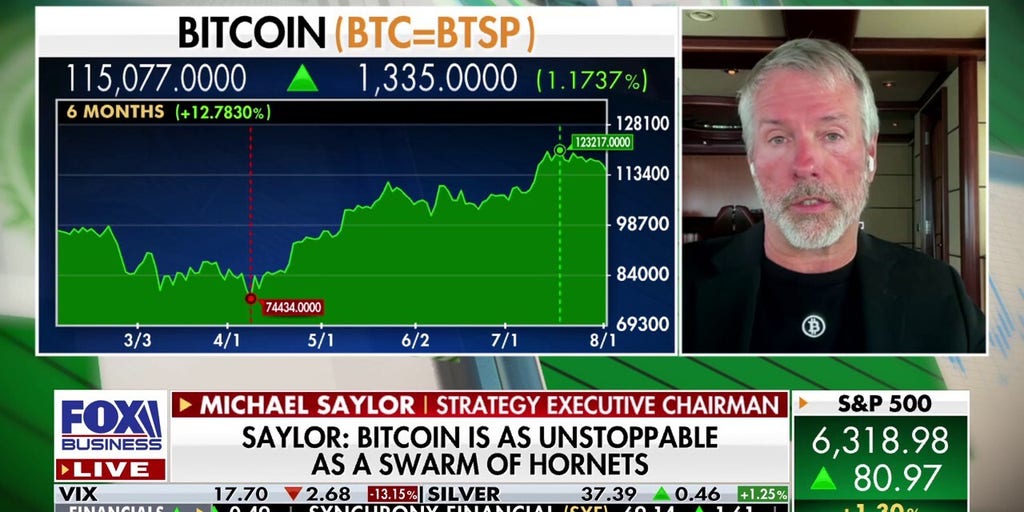What If the Cost of Gas Went Up to $20 per Gallon?
An abrupt jump in price per gallon for gasoline would have a significant impact on household budgets, the economy and beyond.
Read Next: 4 Surprising Things That Could Impact Your Wallet If a Recession Hits
Find Out: 6 Popular SUVs That Aren't Worth the Cost -- and 6 Affordable Alternatives
To start, inflation would spike incredibly fast as fuel costs pass through to all goods and services, meaning consumer spending would fall.
In turn, businesses would face “significant bankruptcies and store closings,” as one economist warned during a previous surge. Jobs in travel, retail and hospitality would evaporate as households juggled massive new fuel bills.
Now imagine $20 at the pump.
Impact of Buying Gas on American Budgets
Each penny increase in gas already costs U.S. consumers ~$1 billion annually. A jump to $20 would add over $5,000 in fuel costs per driver, and most families simply couldn’t absorb it.
S. David Freeman, former head of the L.A. Board of Harbor Commissioners, wasn’t shy when asked what $200-a-barrel oil would mean for everyday Americans: “The purchasing power of the American people would be kicked in the teeth so darned hard… they won’t have the ability to buy much of anything.”
How America Would Adapt to $20 Gas
Over time, necessity would require the economy to reorganize around high transportation costs.
Vehicle miles driven would drop and telecommuting would become the norm. Housing patterns would shift towards urban, transit-accessible areas. Freight routes would shorten, favoring local production. And GDP growth would likely fall well below trend until EVs, public transit and renewable infrastructure catch up.
How $20 Gas Would Affect Different Industries
Auto
The auto industry would have to change dramatically.
Internal combustion (gas) vehicle sales would collapse, and EV and hybrid demand would surge. In California, EV sales respond 4-6 times more to gas price hikes than electricity price changes.
Legacy automakers would also face severe financial strain as plants focused on large vehicles would shutter, while battery and EV assembly lines race to keep up. In turn, supply chains for batteries and rare minerals would most certainly bottleneck.
Trucking & Shipping
Freight companies would pass on fuel surcharges or cut routes. Ocean shipping increases would be comparable to a 15% tariff on imports and global supply chains would shrink.
Travel
Jet fuel costs would ground flights and raise fares which would mean routes would be slashed and air travel demand would collapse.
On the ground, public transit ridership from buses to trains, would soar.
Content Original Link:
" target="_blank">














































